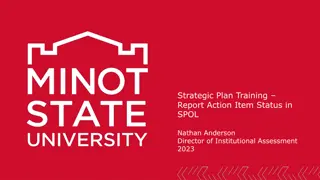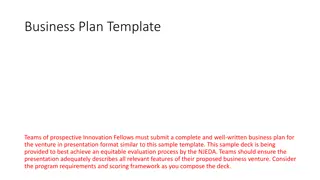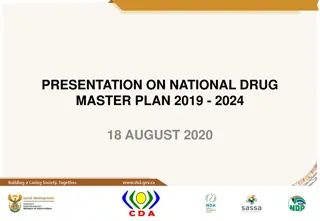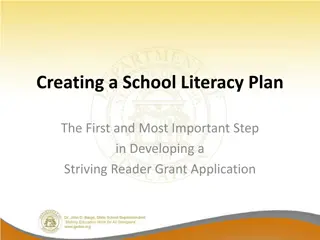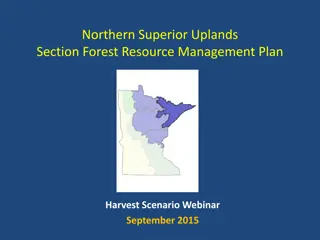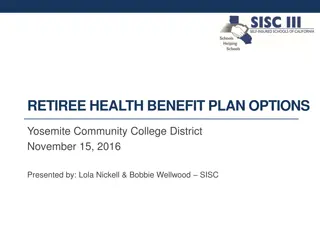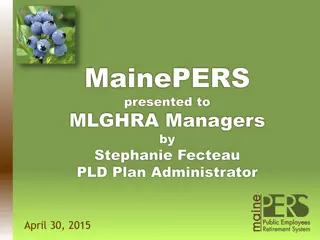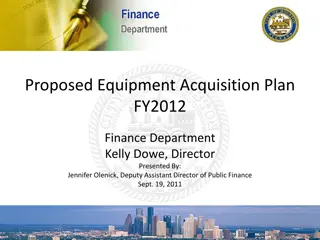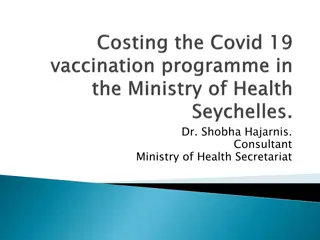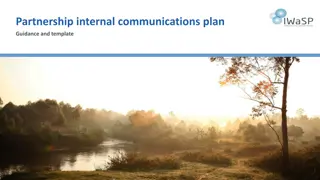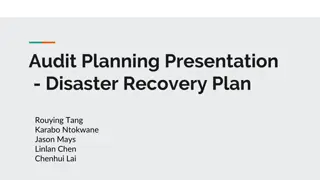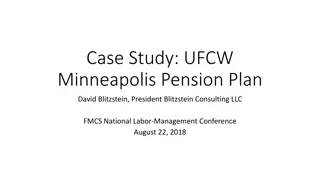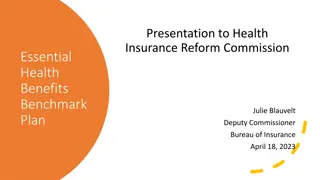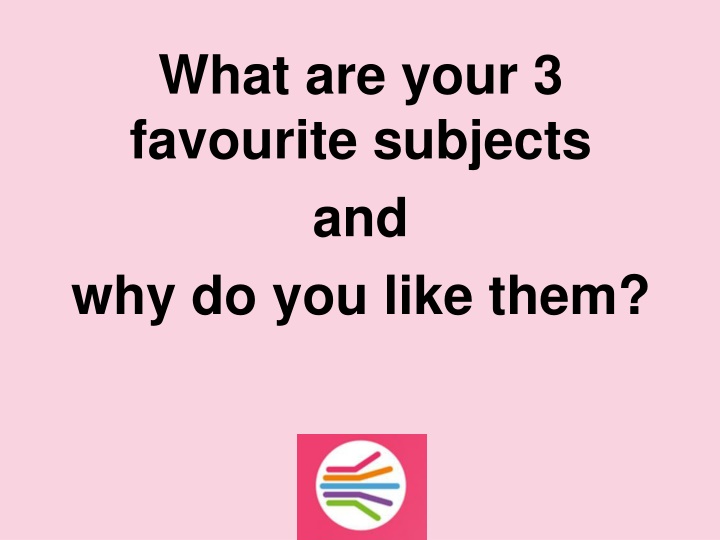
Explore Post-GCSE Study Options and Future Pathways
Discover various pathways after completing GCSEs, including A Levels, University, Apprenticeships, and Vocational Courses. Learn about facilitating subjects, qualifications required for A Levels, and potential career opportunities. Make informed decisions to shape your academic and professional journey.
Download Presentation

Please find below an Image/Link to download the presentation.
The content on the website is provided AS IS for your information and personal use only. It may not be sold, licensed, or shared on other websites without obtaining consent from the author. If you encounter any issues during the download, it is possible that the publisher has removed the file from their server.
You are allowed to download the files provided on this website for personal or commercial use, subject to the condition that they are used lawfully. All files are the property of their respective owners.
The content on the website is provided AS IS for your information and personal use only. It may not be sold, licensed, or shared on other websites without obtaining consent from the author.
E N D
Presentation Transcript
What are your 3 favourite subjects and why do you like them?
Helping you to explore your options for study after GCSEs Skills Route is supported by:
Objectives Today we will - Explore your options for study after GCSE - Think about your priorities for school and life - Shortlist some options for study after GCSE
After GCSEs True or False? You have to stay in full time education FALSE GCSEs You have to register with a school or college TRUE You must study maths and english FALSE BTECs You can earn money whilst you study TRUE
What happens after GCSEs? Year 10/11 Year 12/13 After school or college A Levels University or work GCSEs Work or Higher Apprenticeship Apprenticeships BTEC Vocational Courses Work or university
What happens after GCSEs? Year 10/11 Year 12/13 After school or college A Levels University or work GCSEs Work or Higher Apprenticeship Apprenticeships BTEC Vocational Courses Work or university
Who can study A levels? - You usually need to get a B at GCSE in the subjects you want to study at A level - AND usually 5 GCSEs at A* - C UCAS Points from 2017: Qualification and grade Points A level grade A* 56 UCAS Qualification and grade National Extended Certificate National Diploma UCAS Points 16-56 A level grade A 48 32-112 A level grade B 40 National Extended Diploma 48-168 A level grade C 32 A level grade D 24 A level grade E 16
Facilitating Subjects English literature History Modern languages e.g. French, German, Spanish Classical languages e.g. Latin, Ancient Greek Maths and further maths Physics Biology Chemistry Geography
What happens after GCSEs? Year 10/11 Year 12/13 After school or college A Levels University or work GCSEs Work or Higher Apprenticeship Apprenticeships BTEC Vocational Courses Work or university
What happens after GCSEs? Year 10/11 Year 12/13 After school or college A Levels University or work GCSEs Work or Higher Apprenticeship Apprenticeships BTEC Vocational Courses Work or university
Skills Route PLAN Helping you to decide which subjects and courses are best suited to your interests, abilities + priorities. Input your GCSEs, grades, preferences and goals Learn about different course types and subjects Explore suggested courses and subjects Record your thoughts
Share your feedback: http://bit.ly/SkillsRoute

